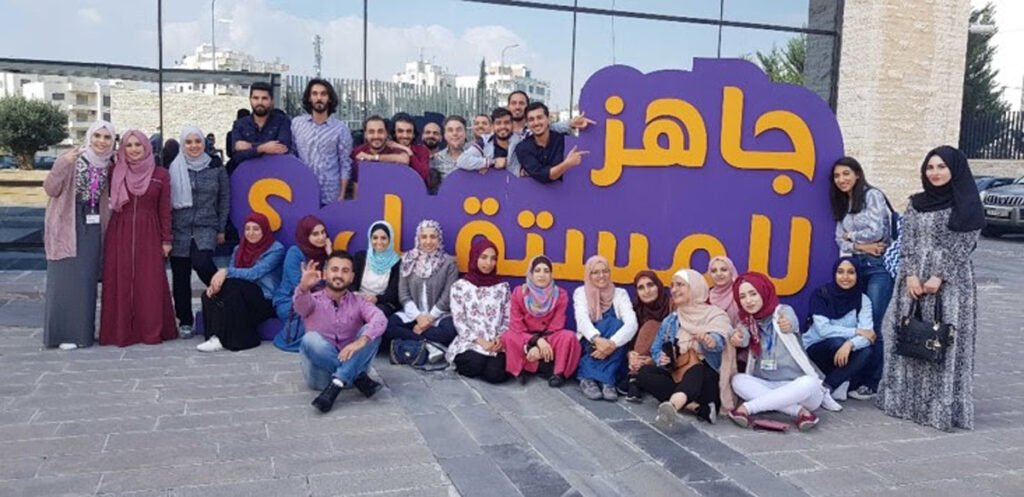The Islamic Development Bank (IsDB) and the Abdul Aziz Al Ghurair Refugee Education Fund are funding a two-year US$10 million initiative with SPARK, an international non-governmental organization, to support refugees and vulnerable communities in Jordan and Lebanon.
Employability and jobs are very important, but quality and decent jobs are scarce commodities. Lebanon and Jordan have the highest unemployment in the Middle East, with almost 30% and 23% respectively, according to the ILO. The fragility of the situation in these countries is making opportunities rare, with an increasing social tension that results in some instances of more conflict.
The IsDB, as an AAA rated multilateral development bank that works to promote social and economic development and the Abdul Aziz Al Ghurair Refugee Education Fund have developed a 2-year regional program with SPARK that aims to support the “Skills Training Education Program” (STEP) in Jordan and Lebanon.
The new program aims to skill up entrepreneurs, modernize existing curricula, connect participants to the labour market, create sustainable jobs and offer training and internship placements, among many others.
It’s expected that at the end of the project, many participants will have started their businesses, SMEs have scaled up and men and women are equipped with market-relevant technical skills through training.
Jordan faces enormous challenges, perhaps most significantly, the need to effectively help to contribute to the poverty reduction of refugees and vulnerable members of the host community.
Structural problems of the economy such as high inflation, energy and water resource security and management challenges, and high unemployment rates are worsened due to the COVID-19 pandemic.
Simultaneously, Lebanon is dealing with some internal issues including a crashing economy (in 2020, the GDP growth rate was -25%), the impact of COVID-19 and the aftermath of the Beirut explosion.
There is an increasing acknowledgment within the international development sector of the need to engage youth to fully use their specialized skill sets. Offering scholarships or training is not enough anymore, rather there’s an increasing consensus that young men and women need tailored job opportunities and internships based on their field of studies and workshops taken.























